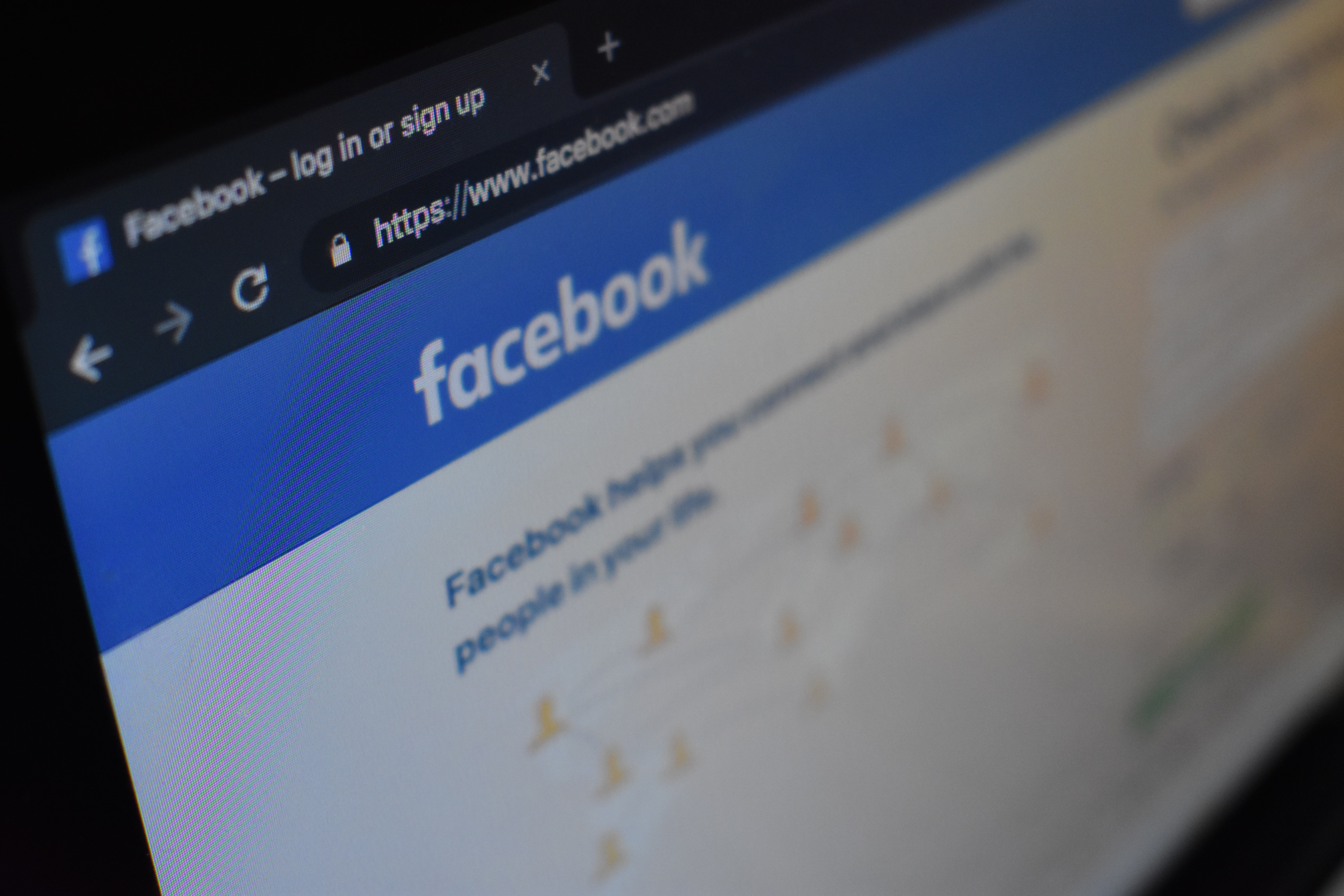I have a confession to make.
For the most part, I’ve been feeling incredibly grateful and privileged since the beginning of the COVID-19 pandemic. I’m healthy and safe, and so are my loved ones. I have a roof over my head and healthy food to put on the table. My husband and I can work from home and still feel useful and productive.
I’m acutely aware of the fact that not everyone has been as lucky as we are. While we are all facing the same storm, we are not all in the same boat.
And yet, in the past few days, something started to gnaw at me. I couldn’t quite put my finger on it, but my gratitude gradually gave way to sadness.
Eventually, I found the culprit:
Since mid-March, I started noticing my Facebook memories notifications — the ones that tell you what you were doing on this very day in the past. They quickly turned into silent and somber reminders that life used to be waaaaay better before the pandemic.
The evidence was right there in front of me as I was scrolling through my feed:
Easter holidays spent with the family in Greece, weekends away, travel.
So. Much. Travel.
Work in beautiful locations, sunset dinners, walks in the park with trees in full bloom, a boat ride with dear friends on the Venetian lagoon. Hikes in Tuscany. Warm embraces.
And none of it possible while we are sheltering in place.
Looking at one of the pictures from Venice this weekend, I felt a pang of sadness, nostalgia, and a deep sense of loss.
I started wondering:
Is this our new normal right now?
Is it possible that we are never going back to what our lives used to be?
Suddenly, I felt resigned and hopeless.
“We are living the apocalypse and it’s only human to have a reaction.” — I reassured myself, getting ready to mourn the life I lost.
But then something hit me like a ton of bricks (I know, I’m slow):
My Facebook memories are not even close to what my real life used to be like.
I realized in that instant that I was making myself miserable by comparing my current experience with a fairy-tale that emerged from a string of carefully curated highlights and share-worthy moments of the past decade.
But what about the things I didn’t share on social media from my life before COVID-19?
For example, what enormous energy drain it was to spend endless hours at airports and on airplanes. Or how much I missed home when I was on the road for weeks on end. Or how exhausted I felt after a week of running workshops or coaching clients without taking enough time to recharge. I didn’t share the toll of the self-inflicted pressure to be perfect on all fronts and to meet my own, crazy standards of productivity, contribution, impact, and creativity. Not surprisingly, none of my failures, rejections, and losses made it into my Facebook memories either.
So here’s my learning from this little melt-down I indulged in for a moment (or two) this weekend:
It’s OK to feel nostalgic about the good stuff from our pre-COVID lives. But it’s vital for our sanity to remember that our lives were far from picture-perfect before all this.
Sure, we’ve been given an unexpected and perhaps even unwelcome time-out by nature. But there is a positive side to being forced to step out of our routine. It gives us a much-needed distance. From this new vantage point, we can finally see what was good about our lives and what was a pain that we are no longer willing to endure. As a result, we get a rare opportunity to curate a good life — not on Facebook — but in reality.
And that’s why I find the audio postcard from Ron Carucci to be so wonderfully refreshing. Ron asks a deeply resonant question in this context:
What do you want to return to after this is over?
It’s a wonderful question to sit with for a while.
When I ask this of myself, I know that the time with family and friends will find its way back into my life. So will travel — not as much for work — but to enjoy sights, people, food and nature.
I also know that I don’t want to return to the life that felt too hectic and too busy to enjoy. I don’t want to spend time in places and on things that feel empty and meaningless.
Here’s a snippet from a poem I love, Sweet Darkness, by David Whyte that speaks to this better than I could ever say in my own words:
You must learn one thing.
The world was made to be free in.
Give up all the other worlds
except the one to which you belong.
Sometimes it takes darkness and the sweet
confinement of your aloneness
to learn
anything or anyone
that does not bring you alive
is too small for you.
So, what do you want to put back into your life after this is over?
And what are the things that deserve a clear and assertive: “Thank you — but, NO, thank you.” because they are too small for you?
I hope you get inspired by Ron’s message. Listen below or across all the major podcast platforms:


